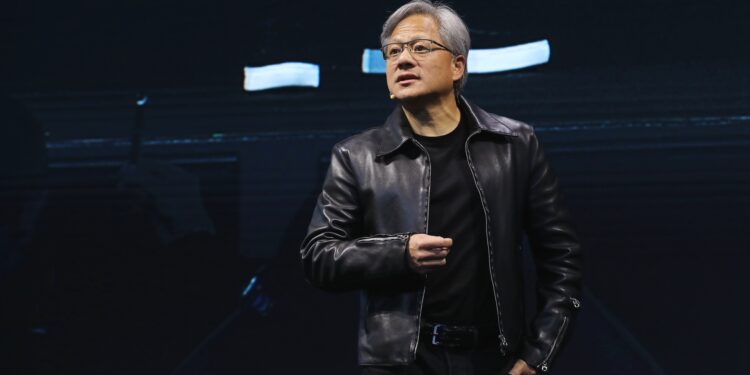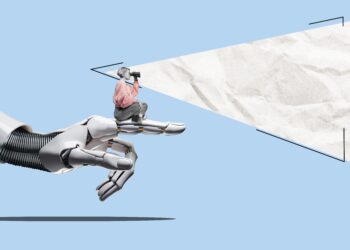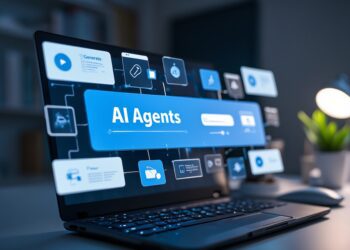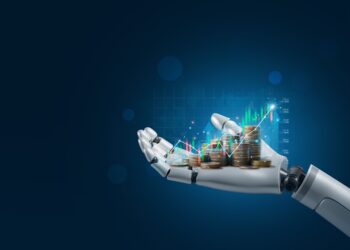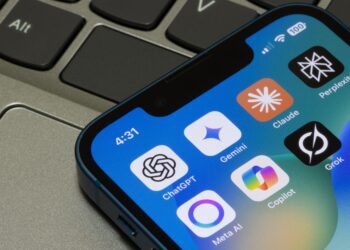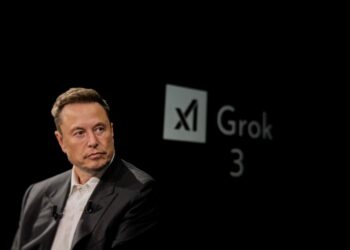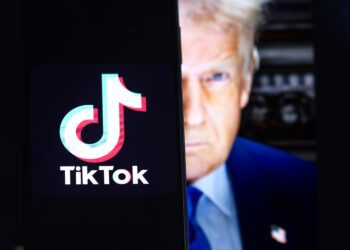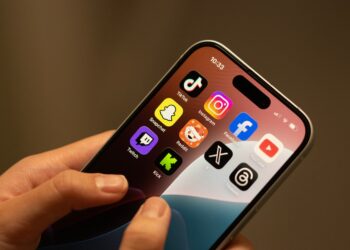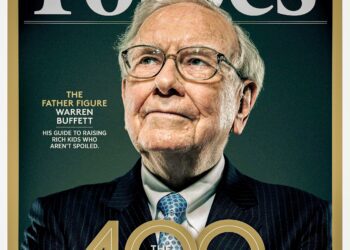Nvidia Corp. has spent the past three years ensnared in an escalating trade impasse between the US and China that has kept its prized artificial intelligence chips out of a crucial market and cost it billions of dollars in revenue.
Now, the same week President Donald Trump plans to meet China’s Xi Jinping to finalize a trade deal between the world’s top two economies, Nvidia will hold one of its biggest AI conferences at a massive convention hall just blocks from the White House — a clear sign of the growing stakes in Washington for the world’s most valuable company.
While Nvidia’s events have become essential gatherings for the booming AI industry, there’s an audience outside of the several thousand software and hardware developers at the GPU Technology Conference that Chief Executive Officer Jensen Huang will seek to court: policymakers in the nation’s capital who influence where the chipmaker can do business.
Huang will deliver his highly anticipated keynote for the first time in Washington at noon on Tuesday. His remarks in the past have focused on new products and his vision for bringing AI into everyday use, through robotics, business automation and self-driving vehicles. Yet offstage, the Nvidia founder has actively sought changes to US policy, particularly export controls that have effectively blocked Nvidia from selling its most advanced chips to China, the world’s largest semiconductor market.
“We went from 95% market share to zero market share in about 40% of the world’s AI market,” Huang said in reference to China during a recent Fox News interview. “If our goal is to have 90% of the world build on the American tech stack someday, we’re off to a relatively poor start.”
Absent from the event will be Trump, who’s traveling in Asia and is set to meet Xi on Thursday in South Korea on the sidelines of the Asia-Pacific Economic Cooperation summit. The two leaders are poised to seal a preliminary agreement unveiled Sunday by US and Chinese negotiators that US Treasury Secretary Scott Bessent said includes China’s pledge to defer export limits on rare earths in exchange for Trump dropping his threat of 100% tariffs.
Unlike other Big Tech CEOs, Huang skipped Trump’s swearing-in ceremony in January, but he has made up for it by joining the president in unveiling the administration’s AI Action Plan and tagging along on official trips to the UK and Middle East to unveil new chip deals. The two men have forged a bond, with Trump joking at an event last month that Nvidia was “taking over the world,” while Huang has praised the president’s efforts to boost domestic investment.
Huang has also won support from key administration officials including Commerce Secretary Howard Lutnick and White House AI Policy Czar David Sacks, who have embraced the Nvidia chief’s view that American AI technology should be propagated worldwide by loosening export curbs and forging investment deals with key trading partners.
“I’m looking forward to getting back into the global market, so that we can compete for American leadership,” Huang said in the Fox interview, echoing the AI Action Plan wording while downplaying the benefits to his company’s revenue.

